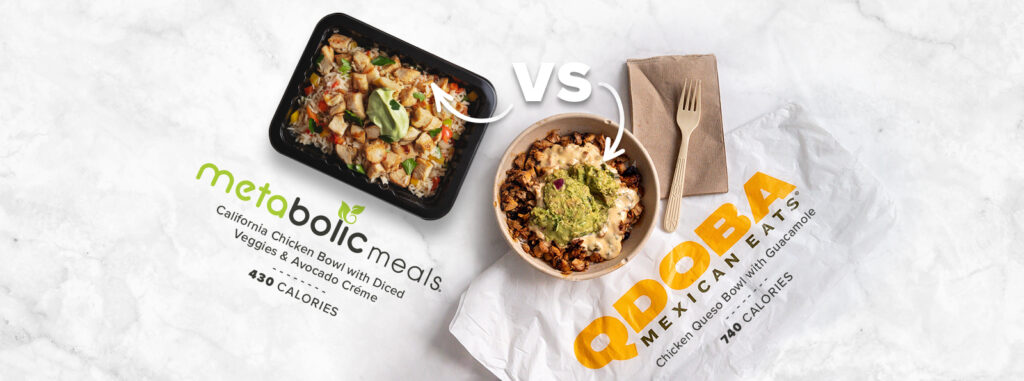Your gut is called your second brain because of the vast network of nerve cells and neurons that line its walls. Your gut is also home to a powerhouse of beneficial bacteria that drive your digestive and immune systems.
When your body digests overly processed foods or substances that it’s sensitive to, often including gluten, the lining of your gut becomes irritated and inflamed. The issues that can result range from interrupting your gut’s ability to produce serotonin to intestinal hyperpermeability, also called “leaky gut,” which is a spin-off point to a long list of potentially severe issues. Inflammation-related disorders range from arthritis to depression and dementia.
While many might think that gluten causes damage only in people with celiac disease, more recent findings are showing that gluten causes gut permeability at some level in everyone. And a lack of symptoms doesn’t mean a lack of damage — most people are asymptomatic but suffer the consequences all the same. Even for biopsy-confirmed celiac patients, for every symptomatic patients, there are eight with no gastrointestinal symptoms.
One of the problems with gluten is its biological complexity. Your body has about 25,000 genes. Wheat, with its estimated 150,000 genes, throws a crowbar into your system every time you eat it. While your body figures out what to do with this complex food-like thing, it can’t do its regular job, which is much more involved than just digesting food. So even if you’re not officially intolerant, you’re still compromising optimal body function by eating gluten. That’s why many athletes are seeing improved results when they go gluten-free.
Despite its complexity, gluten doesn’t provide any nutritional benefits. We might have learned how to make wheat delicious, but it’s still nothing but filler and glue. Swapping wheat for naturally gluten-free foods such as beans, seeds, nuts, and pseudo-grains such as quinoa will provide you with more protein, vitamins, and minerals without the health risks linked to wheat.
Health Benefits of Going Gluten-Free
Going gluten-free lets your gut do what it needs to, without complications or delay, including producing serotonin that helps regulate your mood. In one study, a statistically significant percentage of participants reported feeling depressed after eating gluten, compared to participants who consumed a placebo. Wheat also creates opioid-like activity similar to the brain’s reaction to heroin, deteriorating brain cells more rapidly.

The bottom line is that gluten holds no unique nutritional value, but it is known to cause leaky gut, inflammation, and increase risks of systemic issues. Going gluten-free allows your body to be the well-oiled, high-functioning, brilliant machine it was meant to be.
When you adopt a gluten-free lifestyle, you can look forward to increased and constant energy; improved sleep patterns; better mood; fewer headaches or migraines; sharper focus and cognitive function; more efficient overall function; faster weight loss and the ability to maintain your ideal weight; and avoiding possible long-term complications and degenerative diseases.
With so many fantastic gluten-free foods available, why expose yourself to possible damage?
3 Tips for Those on a Strictly Gluten-Free Diet
A strict gluten-free diet is unavoidable for people diagnosed with celiac disease or a gluten sensitivity. If you fall into either of those categories, follow these three tips to keep yourself safe and healthy:
1. Test regularly.
If you’re diagnosed with celiac disease or non-celiac gluten sensitivity, run a blood test every six months for the first two years after diagnosis. Test every other year after that. Keep copies of the results so you can monitor your progress. Work with your doctor, but make sure you’re part of your own healthcare team. If antibodies are present, that means gluten is finding its way into your diet and you need to re-examine it.
If you don’t have celiac disease, you should still get tested. Again, the presence of antibodies could mean you’re sensitive to gluten. You might not feel symptoms, but the damage is still building up, and you might never detect it without testing. It could also mean you’re in the early stages, leading to a false negative. Celiac disease exists in a spectrum, not just a positive or negative result.
2. Pay close attention to ingredients and labels.

Focus on the ingredients in the foods you buy and not just claims listed on the front of a package. Recipes and ingredients can change, and thankfully, manufacturers must update their products’ ingredient labels when they do so. Foods that say “gluten-free” on their front labels might still contain questionable and unsafe ingredients, so verify every time you shop. Look specifically for “allergen warnings.”
3. Communicate, and have a plan.
Maintaining your health is a permanent lifestyle, not a three-day cleanse, so make sure you have a solid support system. Your friends and family need to know how to keep you safe, as do your work colleagues when you dine out together. Don’t feel like you’re inconveniencing others — you’d gladly do the same for them. Communicate with waitstaff at restaurants as well. When your health is on the line, you can’t be shy about asking questions.

If your busy lifestyle might lead to slip-ups, take time each weekend to make meals for the week ahead, or make it an effortless process by signing up for a meal delivery program with guaranteed gluten-free offerings. Either way, by having a plan, you’ll know you have safe, healthful food for every meal, which will make life easier during even your most hectic weeks.
To succeed in maintaining the gluten-free lifestyle, the trick is to make sure every meal is even more satisfying than those containing gluten were. It’s a fantastic opportunity to discover your inner foodie and all the healthy gluten-free options the world has to offer.
Jaqui Karr is a certified gluten practitioner, sports nutritionist, and educator to dietitians and health professionals. Her approach is 100 percent science-based, often referred to as “Where Science Meets Common Sense.” Her work includes writing, speaking, and corporate consulting.






